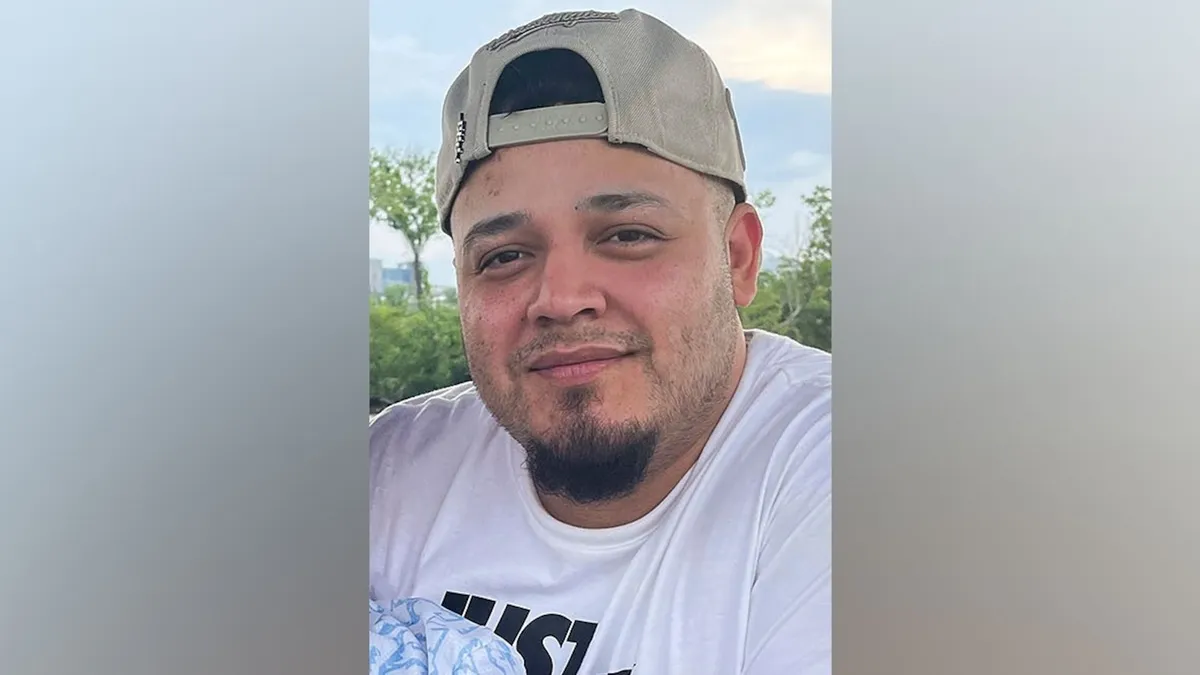
A federal judge in Maryland has issued a preliminary injunction mandating the U.S. government to facilitate the return of Kilmar Armando Abrego Garcia, a Maryland resident who was erroneously deported to El Salvador. The judge ordered that he be brought back to the United States by 11:59 p.m. on Monday, April 7, 2025. U.S. District Judge Paula Xinis emphasized the importance of her decision during a hearing held on Friday, stating, “I am going to grant the motion for preliminary injunction I’ve reviewed... so that there is no dispute that the oral order is the written order.” This reference was aimed at preventing any further miscommunication similar to the previous case under the Alien Enemies Act.
Abrego Garcia was deported as part of a controversial arrangement made by the Trump administration, which involved a $6 million deal with Salvadoran authorities to house deported migrants. However, during the hearing, a lawyer from the Justice Department denied that such a contract existed. Judge Xinis pointed out, “The way I see the record, though, is that there is an agreement between your clients and El Salvador where your clients are paying upward of $6 million to house individuals.” This raised questions about the legitimacy of the deportation process and the treatment of migrants.
Despite having legal protections, Abrego Garcia found himself incarcerated in the notorious CECOT mega-prison in El Salvador due to what the government described as an administrative error. Erez Reuveni, the Acting Deputy Director for the Office of Immigration Litigation at the DOJ, conceded that Abrego Garcia should not have been deported, yet argued that the court lacked the authority to order his return, given that he was no longer in U.S. custody.
Abrego Garcia's situation became dire after he was stopped by ICE officers last month, who informed him that his immigration status had changed. Following his detention, he was transferred to a facility in Texas before being sent to El Salvador. His attorneys have stated that he initially entered the U.S. in 2011 to escape gang violence in his home country.
In 2019, a confidential informant claimed that Abrego Garcia was involved with the gang MS-13. However, his legal representatives assert that there is no substantial evidence to support this claim. A DHS official, Tricia McLaughlin, maintained that Abrego Garcia is indeed connected to MS-13 and is involved in human trafficking, stating, “Whether he is in El Salvador or a detention facility in the U.S., he will be locked up and off America’s streets.”
Simon Sandoval-Moshenberg, Abrego Garcia’s attorney, argued that while his client might be removable to several countries, El Salvador should not have been an option. He described the deportation as “essentially the equivalent of a forcible expulsion,” highlighting the legal complexities of the case.
Following the hearing, Jennifer Varquez Sura, Abrego Garcia’s wife, expressed her determination to continue fighting for her husband's return. “I want to say thank you to everyone that has helped us... and we will continue fighting for Kilmar,” she stated. In response to the ruling, the Justice Department has filed a notice of appeal, indicating that they intend to contest the judge's decision.